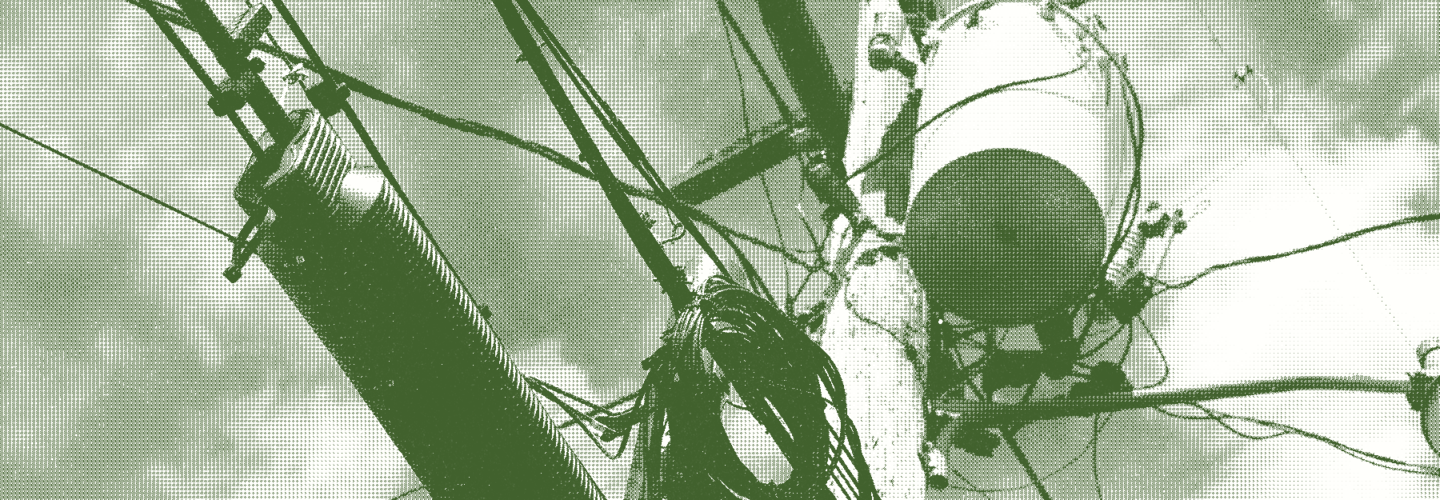The race for clean energy is local
The U.S. power grid is at a critical crossroads. Electricity generation, like every other industry, needs to rid itself of fossil fuels if the country is to play its role in combating the climate crisis — a transition that will have to happen even as energy providers scramble to meet what they claim is an unprecedented spike in electricity demand, attributed to the rise of AI.
“There can be an extreme imbalance between the different parties who might be participating in these proceedings,” said Oliver Tully, the director of utility innovation and reform for the Acadia Center, a nonprofit advocating for clean energy across New England.
In Connecticut, one of the states where Tully works, it took a natural disaster to usher in change. Hurricane Isaias left some 750,000 people without power in August 2020, some for more than a week. The state’s utility commission, the Public Utilities Regulatory Authority, or PURA, ultimately issued millions of dollars in fines over utilities’ slow response or lack of preparation. The storm, Tully said, got state leaders thinking seriously about how those utilities are governed.
“That was the catalyst that got a lot of legislators talking about the need for change within the world of utility regulation,” he said.
It’s not a shift utilities are often fond of, and their powerful lobbying efforts can be a major obstacle. The resistance in Connecticut was so vehement, Tully said, that lawmakers in Maine abandoned a similar bill.
“This is a perennial risk of these kinds of proceedings,” he said. “It represents a threat to the status quo of how utilities have been operating for many, many years.”
The Connecticut commission is still working on how it will implement performance-based regulation, and the other changes are relatively new as well, so their impact is still “to be determined,” Tully said. But he and his colleagues were encouraged that the advisory councils have pushed PURA to consider equity.
While a hurricane kickstarted change for Connecticut, it also took a lot of advocacy — both “up and out,” said Jayson Velazquez, one of Tully’s colleagues based in Hartford. The group and its allies lobby “up,” working to get lawmakers and commissioners on board with passing reforms. And they also work “out,” communicating their findings and the issues before the commission to the public and engaging environmental justice groups and community members.
“A lot of the work that we’re doing is bridging that gap between environmental justice groups and our regulators,” Velazquez said. “You kind of have to raise the collective consciousness of the groups before you can really get into effecting change.”
To read the full article from Grist, click here.




















Follow us